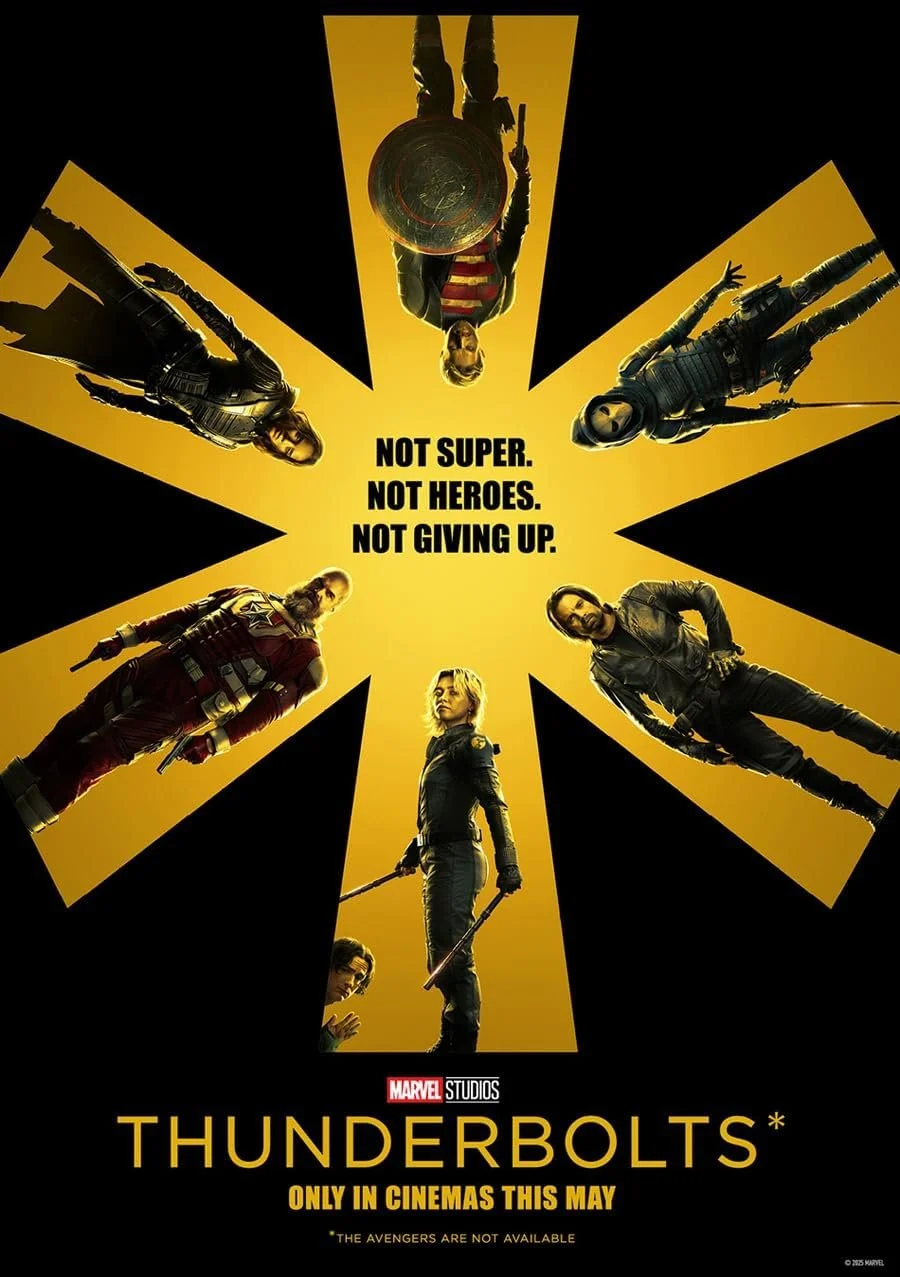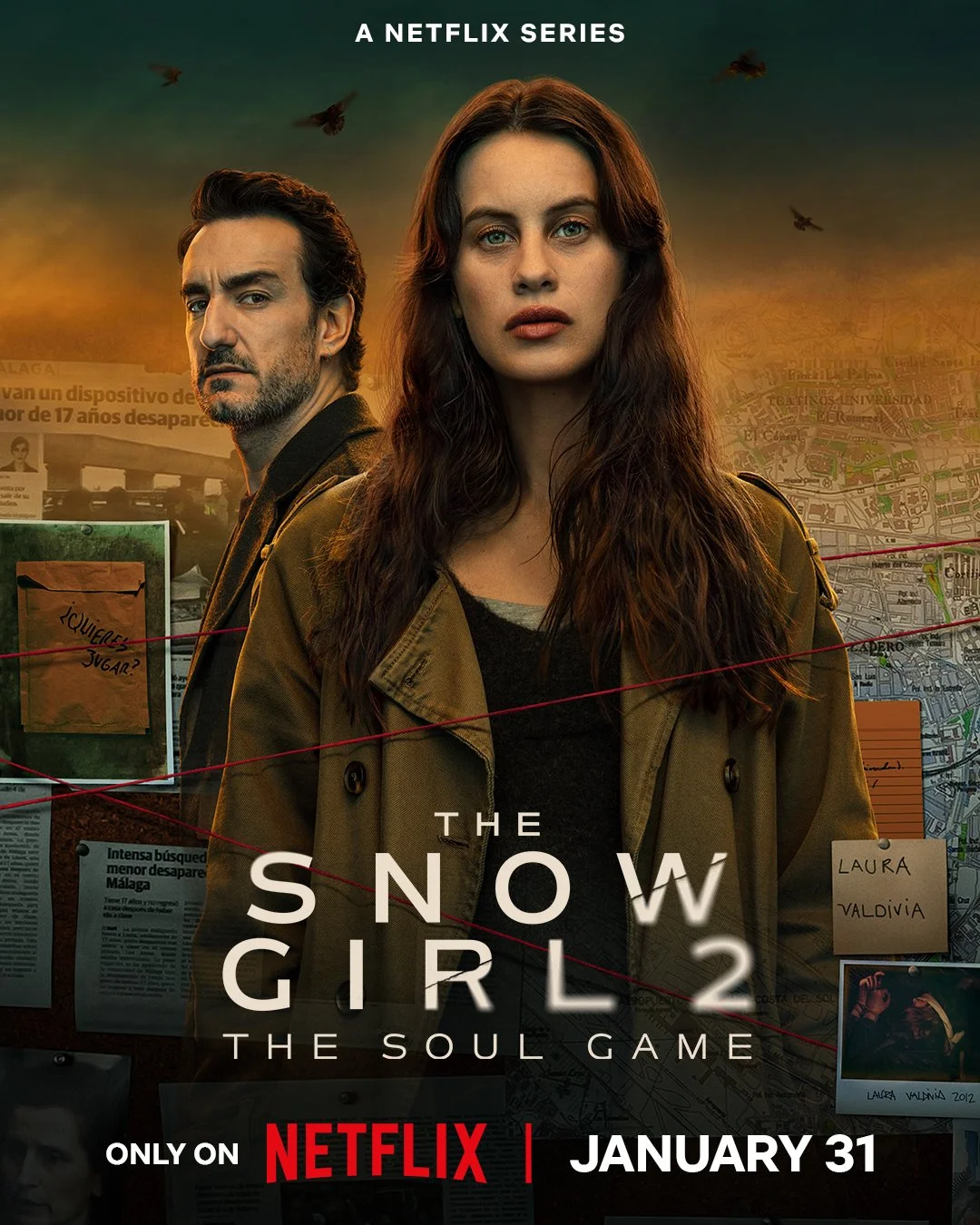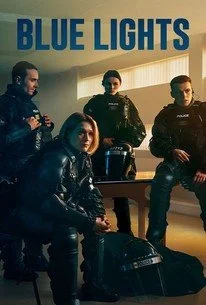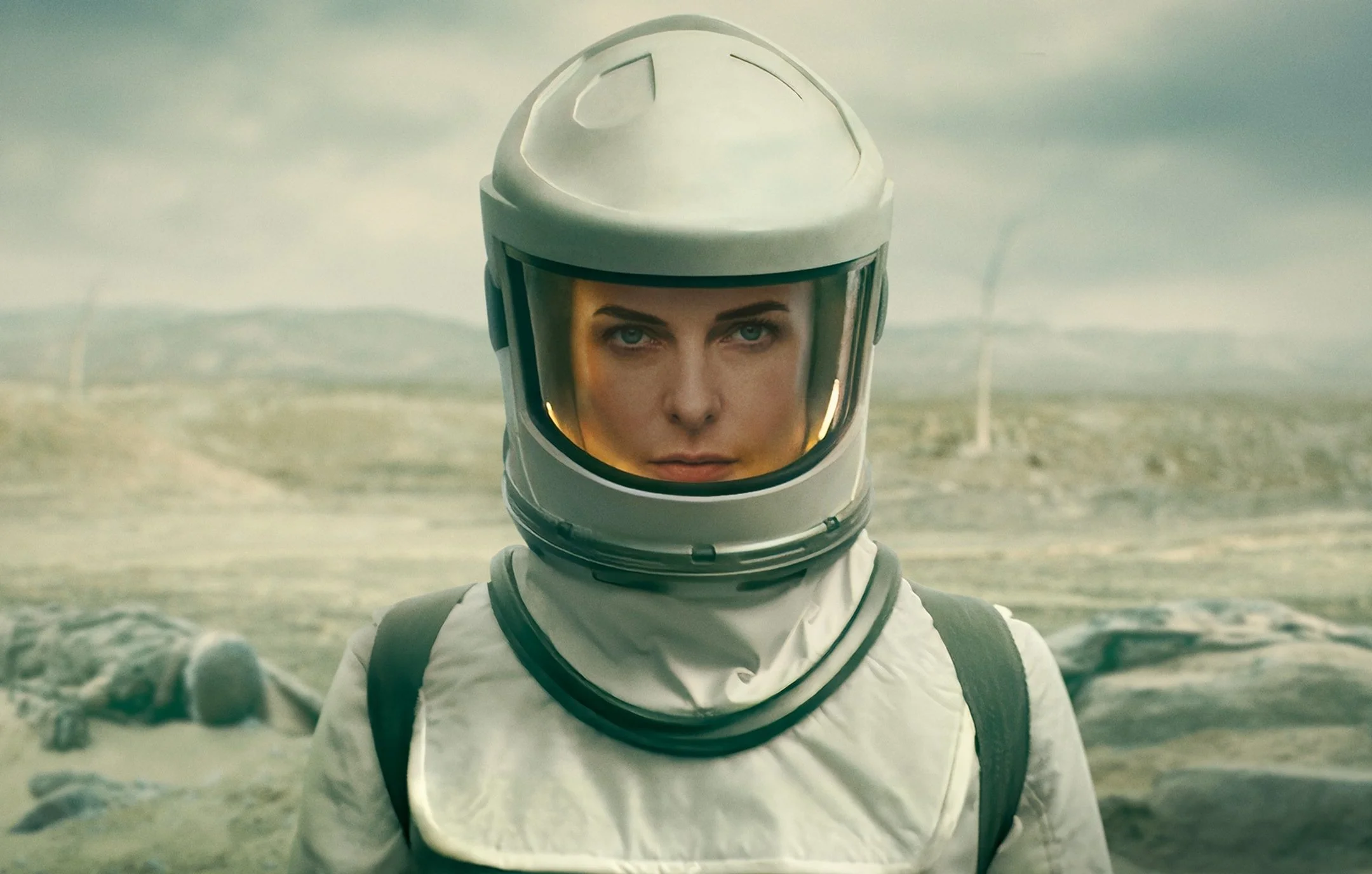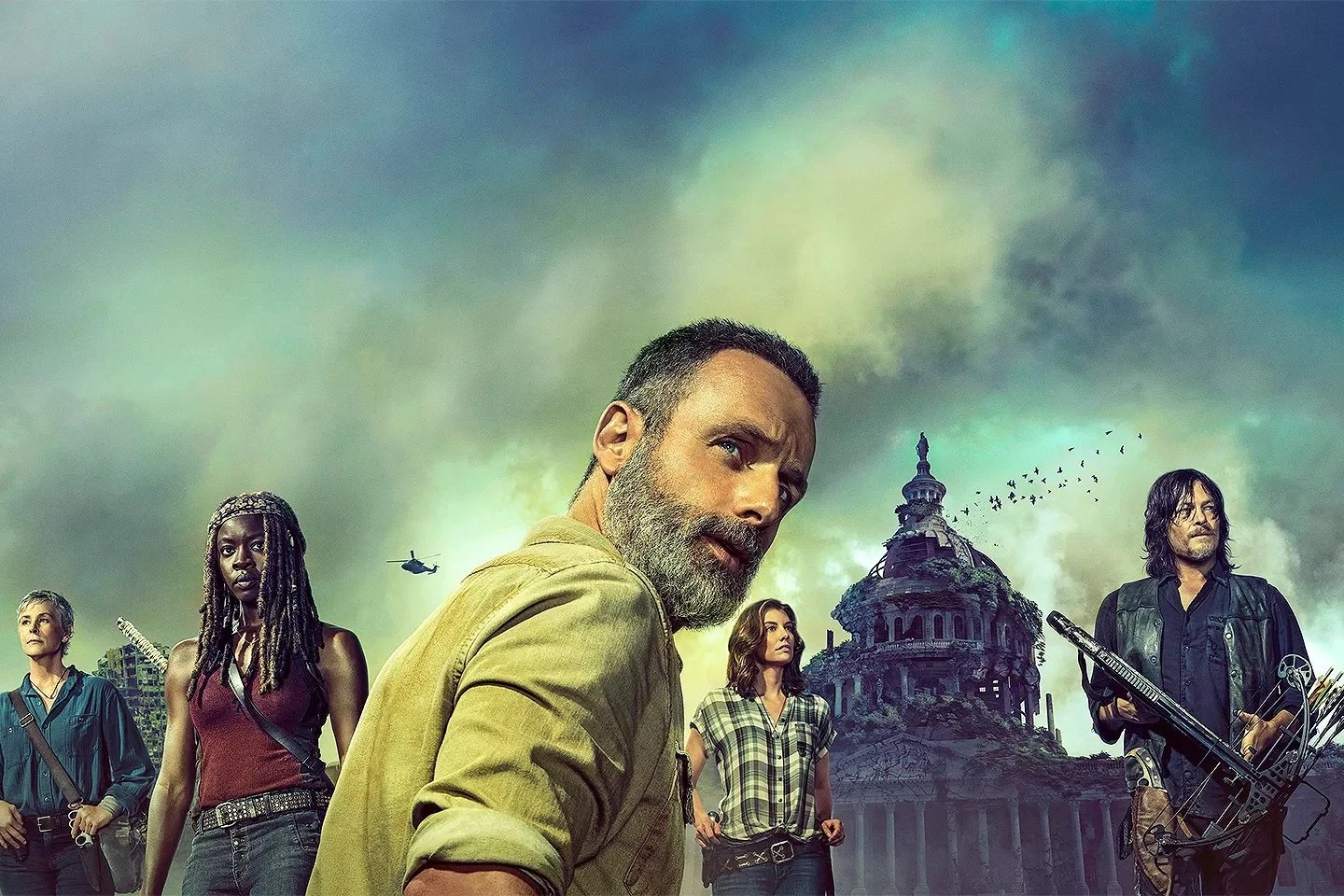Welcome to My Scholarship Blog!
Hi everyone,
Thank you for checking out the blog! The purpose of this blog is to update you on my scholarship. Updates will come in the form of short posts per scholarly product, meant to give you a sense of its aim(s) and core idea(s). When relevant, links to either a source or its reference will be provided. For topical shortcuts, check out the tags below.
Superman (2025) and Moral Reciprocity
Highlights aspects of the film that speak to three features of moral reciprocity, specifically the Golden Rule.
Teamwork and Transformation in Thunderbolts (2025)
What Thunderbolts communicates about teamwork taps into one of the greatest social science mysteries of contemporary history: the nature of individual-group relations. A mystery, I believe, one of my greatest intellectual influences sheds some important insight on.
Arbitrary Social Relations and Luke 15 in The Snow Girl
Even though Miren combats forms of arbitrary social relations in imperfect and even harmful ways, her motivations invite theological reflection. Specifically, what animates her is similar to what Christ’s parables in Luke 15 suggest should animate believers concerning our treatment of others.
Freedom, Debt, and the Gospel in Blue Lights (2025)
If these are in fact fundamental freedoms going back (at least as far as what is documented/evidence) to our ancestors’ earliest decisions to form and interact with communities and societies, then constraints on or violations of these freedoms have important implications for what it means to be human. Implications born out in season two of the acclaimed police drama Blue Lights (2023-) in a manner that parallels Jesus’ ministry as recorded and recalled in the gospels.
“Rotten Legacy,” Parenting, and Children’s Moral Development (2025)
While El Baltico’s legacy is front and center throughout the series, I’m interested in the questions Rotten Legacy raises about the moral, ethical, and normative legacies people build, alter, and ultimately leave for others. Legacy questions concerning moral understanding raised in the series are a helpful context for examining similarities and differences between socialization and constructivist approaches to moral development. I compare these approaches in my developmental psychology and moral development classes.
Daredevil: Born Again and the Paradox of Vigilantism (2025)
Philosopher Paul Ricoeur, speaking on justice, notes that while injustice is ubiquitous throughout society, whereas how to best address it is not. Or, put another way, it is easier to identify what is morally wrong in social relations than to ensure those relations are morally right. Vigilantes exemplify this discrepancy, and one notable example is Daredevil: Born Again.
Silo and the Nature of Belief (2025)
As sheriff, Paul Billings is responsible for maintaining social order. Similarly Saul—as a sanctioned persecutor—can also be understood as trying to maintain a sense of social order by punishing those spreading ‘radical’ beliefs. Just as Billings’ questioning of authority alters his worldview, Saul’s was altered while traveling to Damascus. These two figures and their stories invite us to consider three types of beliefs that inform how we treat each other: (meta) physical beliefs, social beliefs, and psychological beliefs.
The Penguin, Morality, and Means-Ends Relations (2025)
By broadly situating Oz’s transition from a young aspiring criminal to a ruthless crime boss within a developmental context, The Penguin…invites us to consider the role of means-ends relations in the morally-relevant actions committed in the show, and how this relationship may inform some of the decisions we may make in our own lives.
Authority and Accountability in The Boys (2021)
If you have the powers to manipulate electricity, the adoration of a nation, and the backing of an international corporation, why would you ask for permission to do anything? And what type of society does this reflect or help create? I think these questions relate to an ironic feature of The Boys’s portrayal of the authority-accountability relationship, namely that—as indicated in the opening quote—it is someone like Frenchie, who is not part of the most powerful or elite in society, who feels the most remorse for not being held accountable for past actions.
Narratives, Superheroes, and Children (2020)
In essence, these studies show that youth can understand and articulate their experiences as perpetrator and victim, and as those who help and those who harm; especially as they get older. However, they sometimes have difficulty considering: (1) emotions associated with and (2) multiple perspectives within those experiences. Such findings present an opportunity for superhero content creators to rethink how they use characterizations and plot points to broach moral concepts for their audience, particularly children and adolescents. Parents may also use these superhero narratives as a potential aid with their youth’s development of these sociomoral concepts.
X-Men and Children’s Literacy (2020)
Dyson’s (1997) examination of the way children use superhero cartoons in their literacy practices to actively engage in their social worlds has implications for the potential use of superhero cartoons like X-Men to stimulate children’s sociomoral thinking. If we assume that children are capable of attending to various features of social interactions in ways that conceptually alter the meaning of events (Smetana & Jambon, 2018; Turiel, Killen, & Helwig, 1987; Wainryb, 2006), then cartoons like X-Men—with its myriad characters and multifaceted portrayals of harm (violence) and fairness (discrimination) issues—may be uniquely suited for such an endeavor.
Hope and The Walking Dead (2019)
...there are some parallels between the narrative Siddiq tells the community following the Whisperers attack, and the narrative represented by Christ’s resurrection. In both, narratives of hope offer alternative understandings of the world, each other, and our relationships. They also invite us to engage in a different set of relations with regards to (1) the features of the events we experience as well as (2) with one another.
Avengers: Endgame (2019)
“While getting revenge on Thanos appears to be a strong motivation for at least one of the Avengers, I contend that overall their primary motivation is relational. Above all, they seek to repair the damage done due to the loss of relationships. The fallout does not focus on the fact that Thanos won and they lost as much as it focuses on the ways they grapple with the enormous amount of relationships that were cut short.”
Superhero Ethics (2019)
“When it comes to socio-political discourse within a democratic society, I think it could do us some good to apply Smith’s (2018) approach to superheroes to our own conversations and debates about relevant issues. Just as Smith first specified an area of general agreement (i.e., an “ethical core”) by which an analysis of superheroes could follow, as participants in a democratic society, we should consider taking inventory of our areas of general agreement regarding an issue before articulating our areas of disagreement.”
Superheroes, Principles, and Policies (2018)
...take some of the superhero media I have enjoyed this summer and the kinds of questions I ponder while watching them. What does the isolationist vs. interventionist debate in Black Panther (2018) say about our understandings of harm/welfare considerations as they pertain to those within and outside of our families, ‘groups’, and/or nations? What are the implications of the outcome of Avengers: Infinity War (2018) for our understandings of pride, purpose, and cooperation? Finally, how do the depictions of Harlem and Luke Cage’s relationship with Harlem in Luke Cage (2016–) relate to our everyday notions of criminality and civilian life?
From Wakanda to America (2018)
Either we attempt to understand our differences in a way that accounts for our similarities or we continue to over-emphasize our differences to the point where the prospect of solving pressing problems together becomes increasingly unlikely. If you are interested in the former, then you may want to take a(nother) trip to Wakanda.


